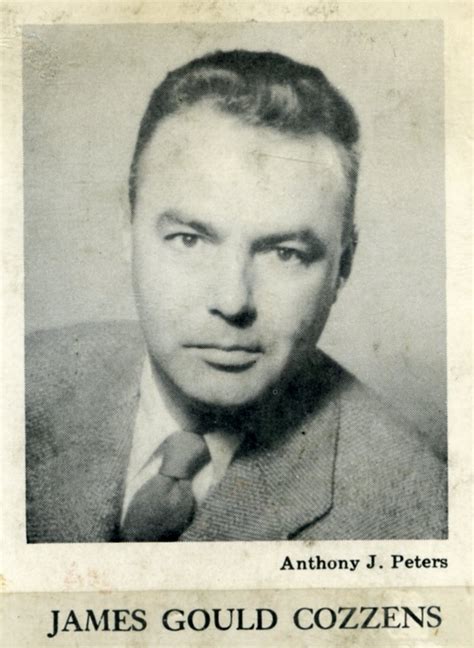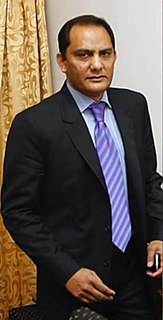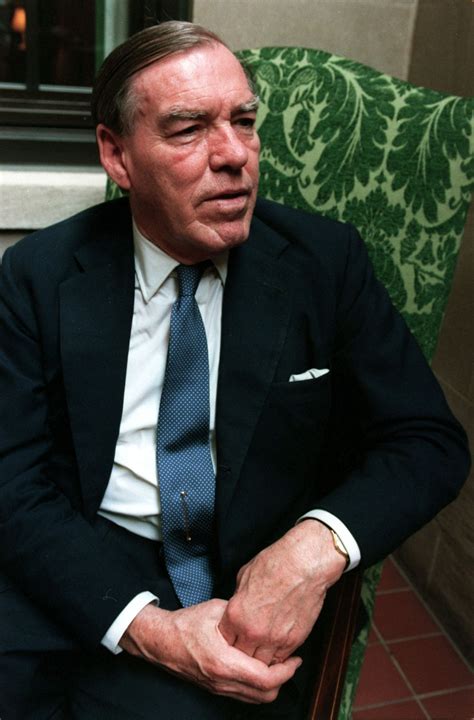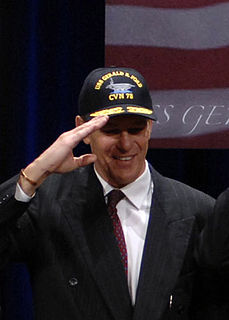A Quote by Henry Kissinger
A leader who confines his role to his people's experience dooms himself to stagnation; a leader who outstrips his people's experience runs the risk of not being understood.
Quote Topics
Related Quotes
Bailey might not have great intelligence or abilities, but his whole aim, thought and study was that of the born leader--to look out for himself; and he did it with that born-leader's confidence and intensity that draws along the ordinary uncertain man, who soon confuses his own interest and his own safety with that of the leader.
The leader is best, When people are hardly aware of his existence, Not so good when people praise his government, Less good when people stand in fear, Worst, when people are contemptuous. Fail to honor people, and they will fail to honor you. But of a good leader, who speaks little, When his work is done, his aim fulfilled, The people say, 'We did it ourselves.'
The manager administers; the leader innovates. The manager has a short-range view; the leader has a long-range perspective. The manager asks how and when; the leader asks what and why. The manager has his eye on the bottom line; the leader has his eye on the horizon. The manager accepts the status quo; the leader challenges it.












































